The YA genre owes so much to Stephenie Meyer. Most of us will deny this. We’d rather give the credit to Harry Potter which, while building a readership in children in the early 2000s, didn’t touch what Twilight did.
We like to tell ourselves that it was actually Suzanne Collins and The Hunger Games trilogy that sparked young adult readership. And, while Collins’ acclaimed series did start a trend of dystopian and apocalyptic genre fiction (perhaps unknowingly preparing us for our current situation?), it only gained popularity when Stephenie Meyer raved about the book in a now deleted blog post saying, “I was so obsessed with this book I had to take it with me out to dinner and hide it under the edge of the table so I wouldn’t have to stop reading.”
Let’s acknowledge the elephant in the room: it all started with vampires.
I wasn’t a big reader as a child. I enjoyed the books I had to read for class and bought books from the Scholastic Book Fair with the money my parents gave me, but I didn’t read the books I bought.
I went to the Bookmobile near my house weekly, picking up books with pictures of horses and other cute animals on them, but I never cracked their spines.
It wasn’t until I started high school and befriended a classmate who raved about the Twilight series and told me I needed to buy the first book that I started reading. Friendless and wanting to build a connection, I bought the book, and in the process I made a friend and fell in love with reading.
Yes, I was a teenage Twihard.
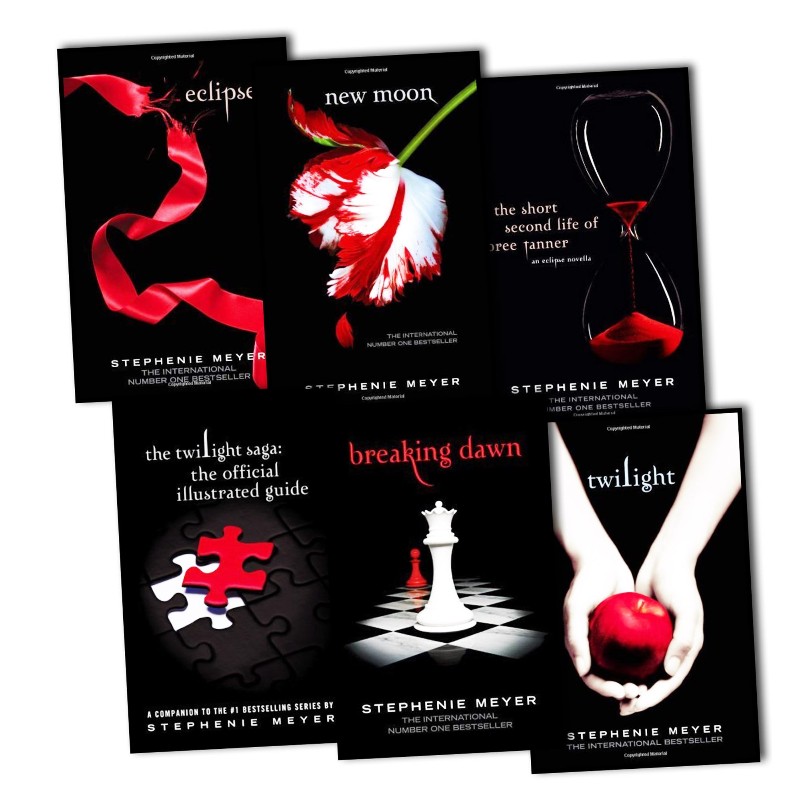
I made a fansite on Piczo (which wasn’t nearly as popular as my Cats the Musical fan site, but that’s a story for another time), my friend sent me fanfiction which we discussed at our lockers before class started, and I convinced my twin sister to read the book before the movie came out.
I started reading other books about vampires: the republished Vampire Diaries and The Morganville Vampires are two that spring from my memory. We assigned which one of the Cullen’s were “ours” (since my friend got us hooked on the series she naturally got Edward, I got Emmett, and my sister got Jasper), and we counted down the days until Breaking Dawn came out. Those of us who could went went to the midnight release in our city.
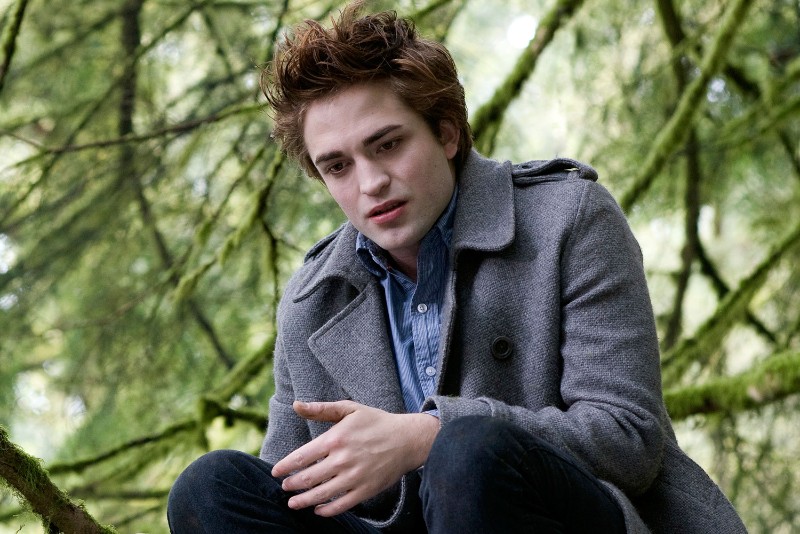
But just as quickly as Twilight was loved, it was hated. Maybe it was because of the movie; maybe it was because it was everywhere. Like eating your favorite dinner every day, Twilight became something that made you sick.
My friend who introduced me to Twilight now hated it without warning, and I learned not to talk about Twilight in front of them. The “better love story than Twilight” memes started, people hated Stephenie Meyer, and I started reading other books. My high school book club had Twilight on the no read list because “It was stupid.” And, being a teenager and just wanting to fit in, I joined in the jokes.
But I never hated Twilight. Even now I could never hate those books, not for all they did for me. Because while I was adapting to high school and going through all the rites of passage, something else was happening.
During the beginning of high school, my twin sister started getting sick. After months of hospital visits and lots of pain on her end, she was diagnosed with Granulomatosis with Polyangiitis, an autoimmune disease.
But for most of that first school year, we didn’t know what was happening. And with her largely staying home or in the hospital while awaiting diagnosis, I was alone. I started high school, and my sister—who I had done everything with—couldn’t be here with me. And then I found Twilight and, while it obviously didn’t fix anything that was happening in my life, it did bring me comfort.
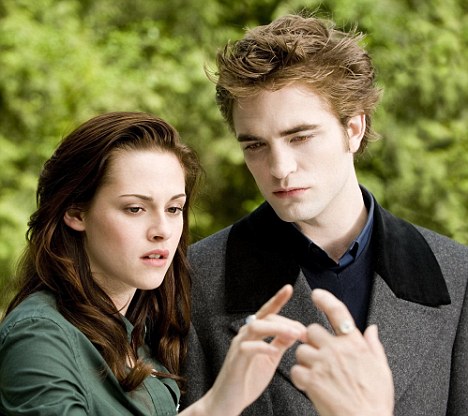
When I was reading the Twilight series, I was immersed in a world where the supernatural existed: where a shy and awkward girl could make friends in a new place and could even attract the attention of a hot immortal guy. Twilight offered relief from the worry of my sister’s health and a break from my schoolwork. It helped me feel like everything would be okay.
I’m not saying the series is perfect. The books have their problems, and people are allowed to dislike the series. You don’t love everything you read. But it became popular to hate Twilight, to make fun of the series and anyone who enjoyed reading them, and that’s something I can’t understand.
Stephenie Meyer faded into obscurity, not writing the long-awaited sequel to The Host or her book about mermaids that she talked about back in 2008. She did publish a thriller called The Chemist in 2017, but it didn’t get much press. I wonder sometimes if she’s still writing, secretly. If she hides behind a ghost name and is publishing books that are being devoured by her haters as she silently continues to create more and more stories. But maybe that’s just wishful thinking.
When I found out Midnight Sun was being released this year, I immediately contacted my high school friends, and we had a video call about it, hoping for a midnight release but understanding that with the pandemic it’s unlikely to happen.
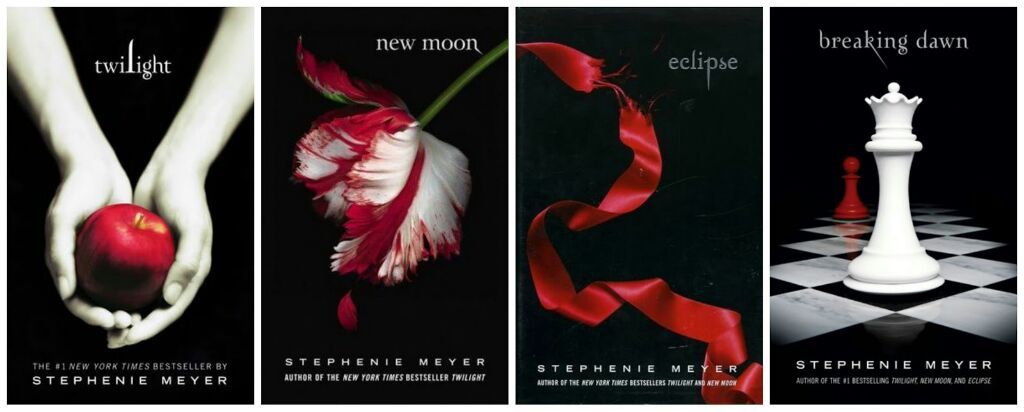
I’m planning on re-reading the series before the release date. I still have the original four books. They’re well-worn from the multiple times I read each book—Twilight being the most worn, with the corners of the cover soft and curved, the cover itself carefully taped back on after being read too many times.
I can’t wait to add Midnight Sun to the collection, to get lost in this world of vampires and near-death experiences and teen love, to fall back into the comfort of Forks, of Bella and Edward, of Twilight.
Haters gonna hate, but this Twihard isn’t going to stop reading about vampires.

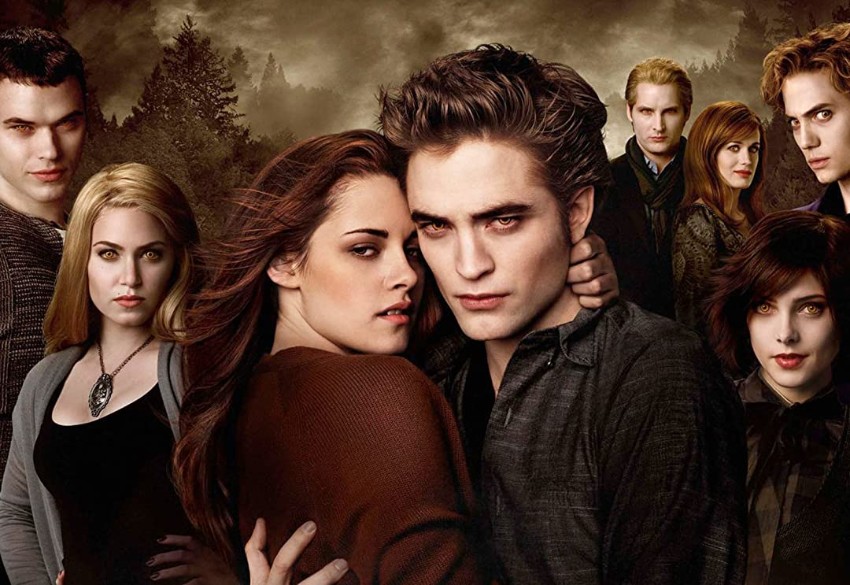
Comments are closed.